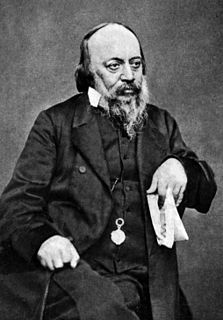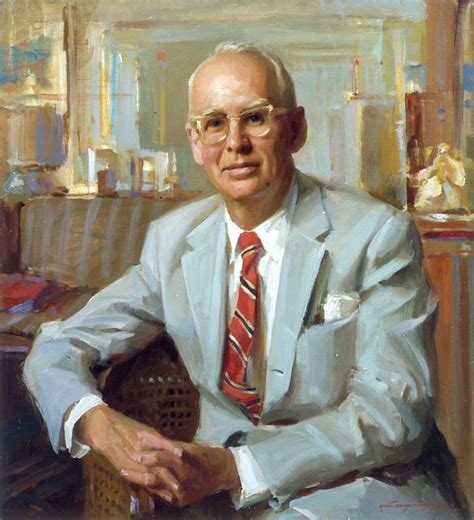A Quote by Peter Adamson
We do each have an intellect but there's a universal intellect which is the same for everybody, as it were. And this single intellect is grasping the platonic forms.
Related Quotes
What the soul is doing is kind of walking through the forms, and so our experience of thinking isn't normally this kind of pure intuitive insight that intellect gets, and that intellect must get right, because it's always identical to its objects, it's always the same as the forms that it's thinking about.
One can hardly appreciate how academia has perverted its highest tasks and "ideals" without pondering long and hard the implications of Jacques Barzun's House of Intellect and its Hegelian/Bergsonian contrast between rigidified "intellect" and always-growing "intelligence." This fundamentally Hegelian distinction, needless to say, cuts to the quick of the contrast between Platonic and Aristotelian forms of philosophy.
We don't always possess faith in the sense of having a clear embodiment of something to hang on to. The relationship between the intellect and faith is a very curious one. Sometimes the intellect can point us to faith, sometimes the intellect can stand in the way of faith. Sometimes, as St John of the Cross points out, we have to darken or blind the intellect in order to have faith.
?"Intellect is the knowledge obtained by experience of names and forms; wisdom is the knowledge which manifests only from the inner being; to acquire intellect one must delve into studies, but to obtain wisdom, nothing but the flow of divine mercy is needed; it is as natural as the instinct of swimming to the fish, or of flying to the bird. Intellect is the sight which enables one to see through the external world, but the light of wisdom enables one to see through the external into the internal world.
The region belonging to the pure intellect is straitened: the imagination labours to extend its territories, to give it room. She sweeps across the boarders, searching out new lands into which she may guide her plodding brother. The imagination is the light which redeems from the darkness for the eyes of the understanding. Novalis says, 'The imagination is the stuff of the intellect' -affords, that is, the material upon which the intellect works.
































